Germany's Merkel threatens Russia with EU sanctions in case of aggression against Ukraine
German Chancellor Angela Merkel has threatened Russia with further sanctions that would be imposed by the European Union if the situation escalates in and around eastern Ukraine or on the Belarus-Poland border.
Speaking at a joint news conference with her Polish counterpart, Mateusz Morawiecki, in Berlin on Thursday, Merkel said the bloc had to be united on what she claimed to be Belarus's "weaponization" of migrants against Poland and Russia's deployment of troops near its border with Ukraine.
"Any further aggression against the sovereignty of Ukraine would carry a high price," the German chancellor said, adding that defusing the situation should always be a preferred option.
Tensions have been mounting in eastern Europe in recent weeks after the European Union accused Belarus of triggering a migrant crisis on its border by flying in thousands of asylum-seekers and pushing them to try to cross into Poland, an accusation Minsk has adamantly dismissed.
As a result of the crisis, thousands of migrants have been stranded in freezing temperatures at Belarus border with Poland as the latter has closed the frontier and prevented them from crossing over.
Poland has also sent armored vehicles and troops to the border amid an escalation of the crisis.
Morawiecki, for his part, defended the border closure and troops deployment, saying Poland was protecting the EU and Germany from a "big wave" of migrants, and called on Brussels to consider further sanctions against Minsk.
Meanwhile, Ukraine has claimed that there are nearly 100,000 Russian soldiers near its border, and the United States has issued warnings over a possible attack by Russia.
Moscow has categorically rejected the possibility of an attack.
Last week, Russian President Vladimir Putin accused the West of escalating the situation in Ukraine by providing Kiev with “lethal modern weapons” and holding drills in the Black Sea region.
The Russian leader said Moscow has been "constantly” raising concerns about the US naval exercises in the strategic region, but the West is taking Russia's warnings lightly.
Russia says Washington is involved in aggressive moves in the Black Sea, where Ukraine and the United States held military drills recently.
Meanwhile, President Putin and other top Russian officials have already warned the expansion of NATO activities near Russia’s borders is a "red line" for Moscow.
NATO has expressed determination to reinforce the security of member states close to Russia following what it claims to be Moscow's “annexation” of Crimea and its backing for pro-Russia separatists in eastern Ukraine.
Any attack on Ukraine to be costly: Kiev to Russia
Also on Thursday, the Ukrainian foreign minister warned Russia that an attack on his country would incur "political, economic and human losses" and would be too costly.
“A new attack on Ukraine will be too costly, so it is better not to do it,” Dmytro Kuleba told a televised briefing, claiming that Kiev’s main goal is to restrain Russia from "further aggressive actions."
"To do this, Moscow must clearly understand what political, economic and human losses it will incur in the event of a new stage of aggression," Kuleba said.
Ukrainian navy received on Tuesday two refitted former US Coast Guard patrol boats as a part of $2.5-billion package of assistance to Ukraine, with Kuleba saying Kiev could receive one another of the vessels.
Kremlin spokesman Dmitry Peskov lambasted the West on Sunday for artificially whipping up tensions around Ukraine with repetitive statements accusing Moscow of preparing to wage a military aggression on its neighbor.
Peskov called on the United States and its allies to halt a military built-up in the vicinity of Russian borders, warning that “a provocation” in the region could not be ruled out given all the rhetoric Washington employed.
Relations between Moscow and Kiev have been strained since the conflict erupted in Ukraine's eastern region of Donbass between Ukrainian government forces and ethnic Russians in 2014.
The US, the European Union, and Ukraine claim that Russia has a hand in the conflict. Moscow strongly rejects the allegation. The Black Sea peninsula of Crimea voted in a referendum to fall under Russian sovereignty that year and more than 90 percent of the participants in the plebiscite voted in favor of unification.
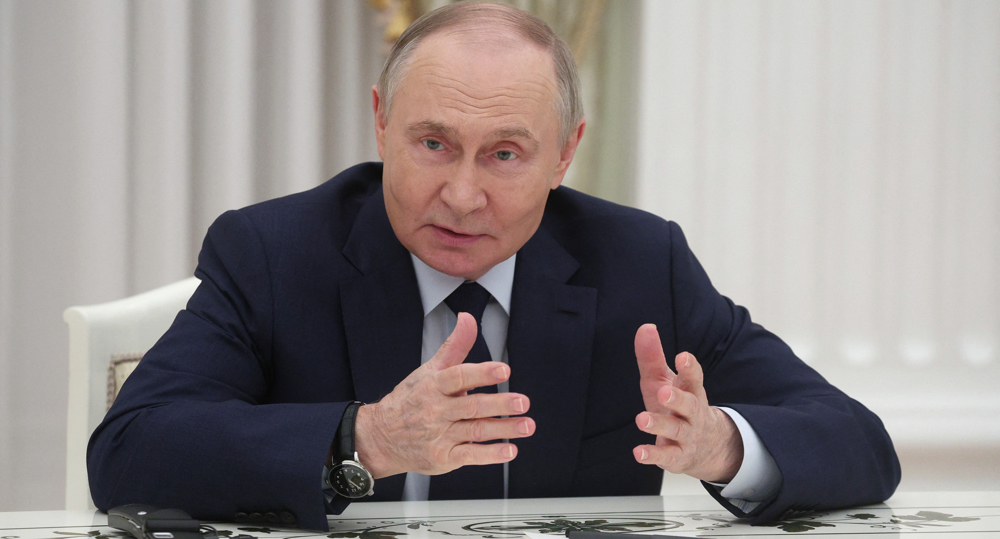
Russia's President Putin ratifies bill for strategic partnership with Iran
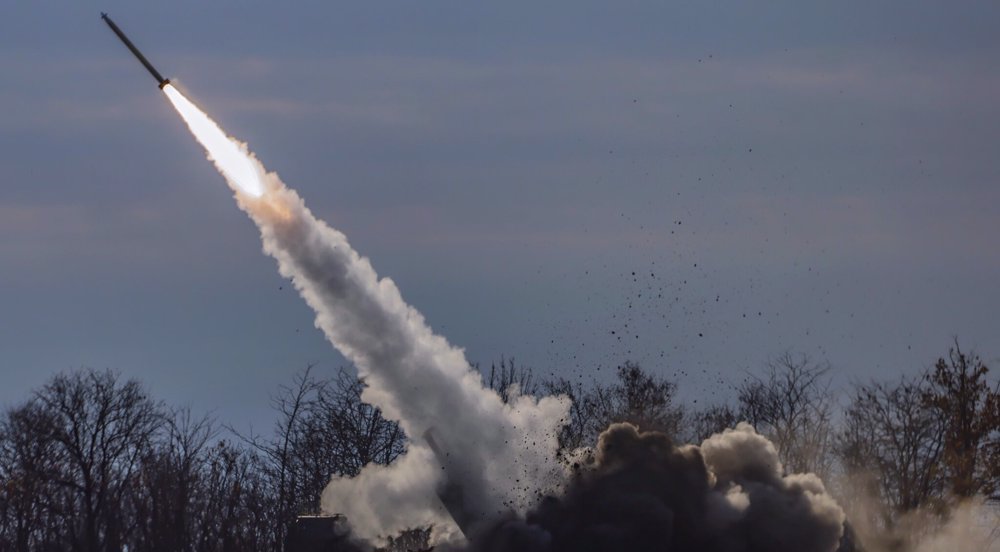
Russia: Ukraine violated Easter ceasefire using US-made weapons
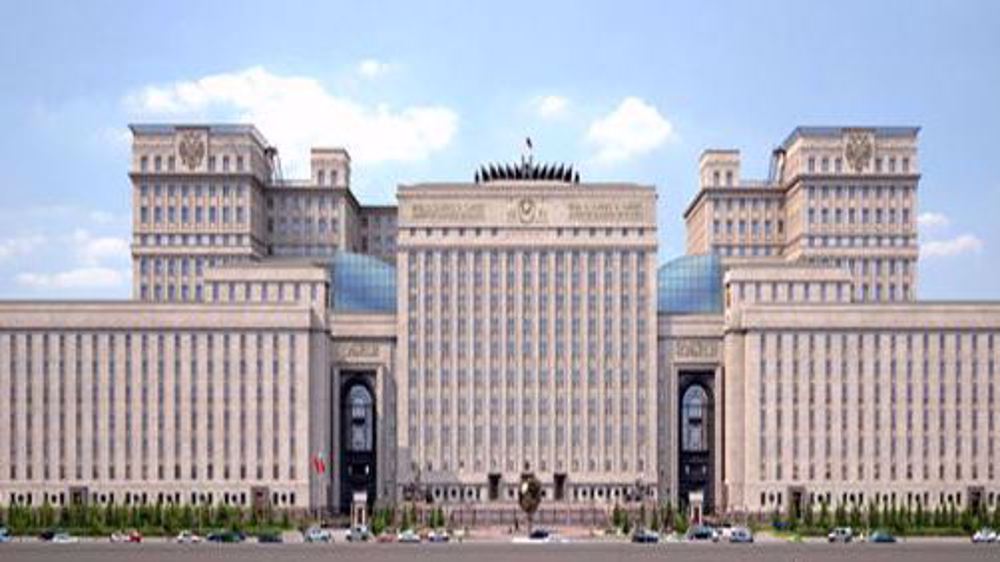
Russia says Ukraine violated Easter ceasefire over 1000 times
VIDEO | Iran seeks foreign investment to boost oil, gas sectors
Iran condemns terror attack in India's Kashmir region
After second Signalgate scandal, Democrats call for Hegseth’s resignation
Mahmoud Khalil missed son's birth after US officials denied temporary release
Iran’s annual inflation up 0.7% to 33.2% in April: SCI
Ayatollah Sistani offers condolences on passing of Pope, hails his role in promoting peace
Iran says expert-level talks with US postponed to Saturday
Iran issues jail sentences, fines for foreign crews of fuel smuggling ships


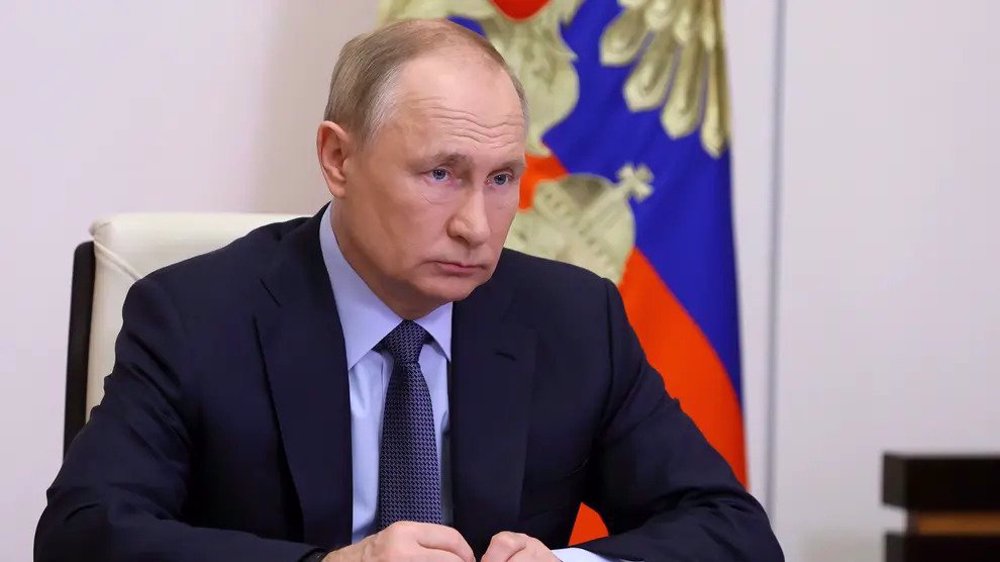
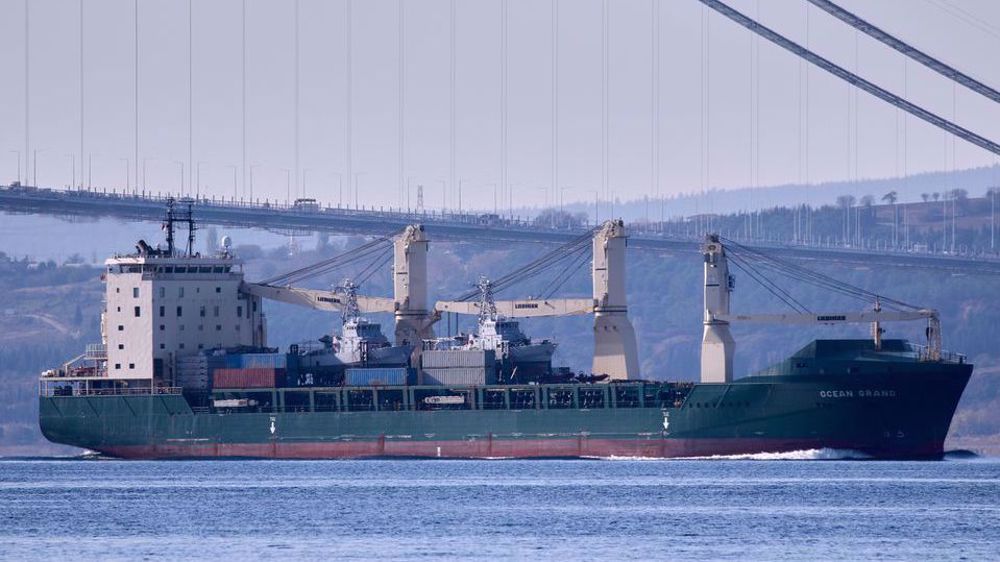




 This makes it easy to access the Press TV website
This makes it easy to access the Press TV website